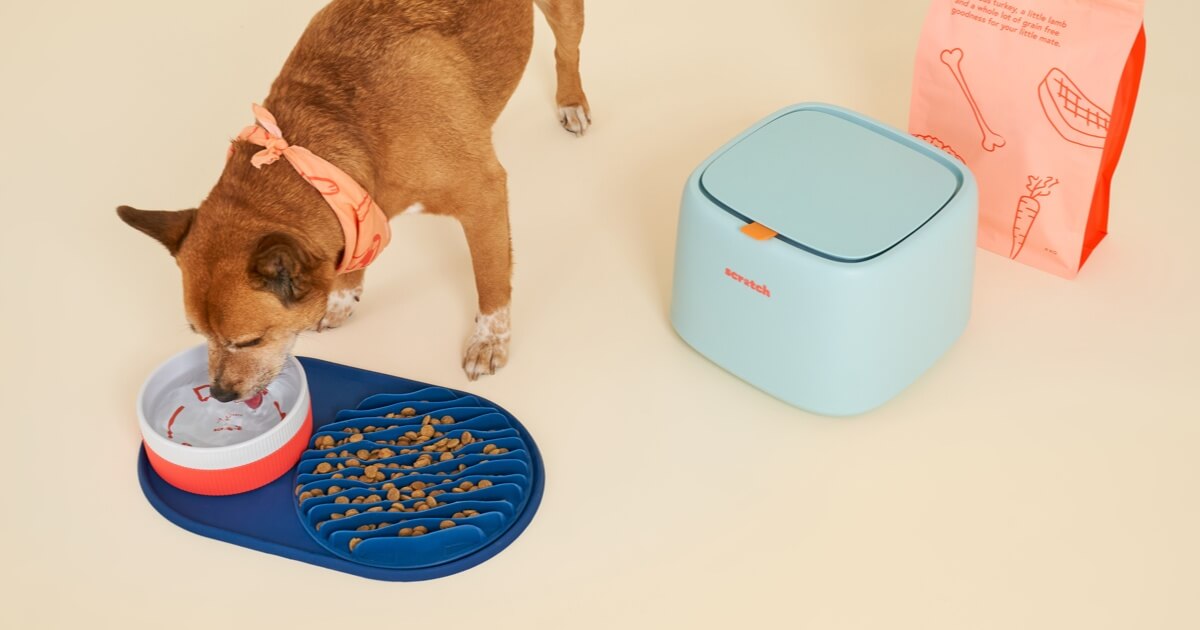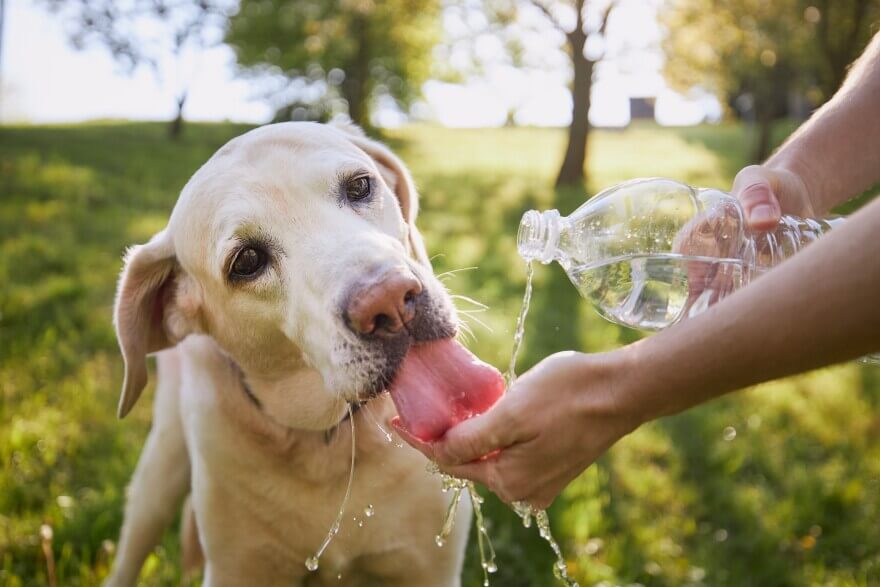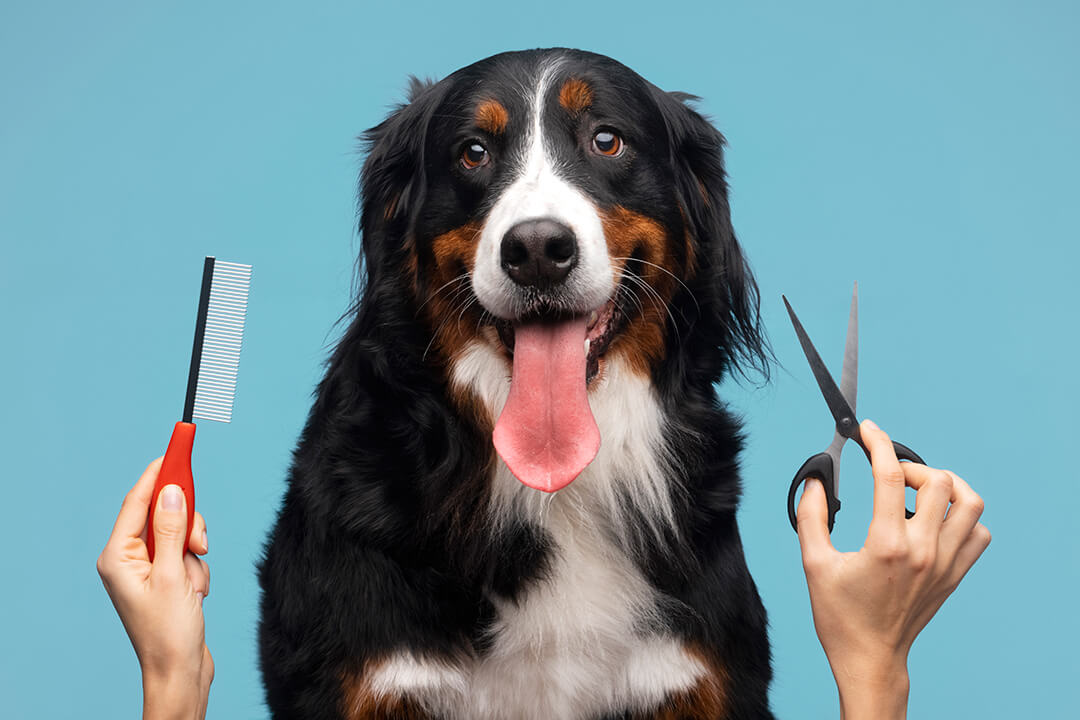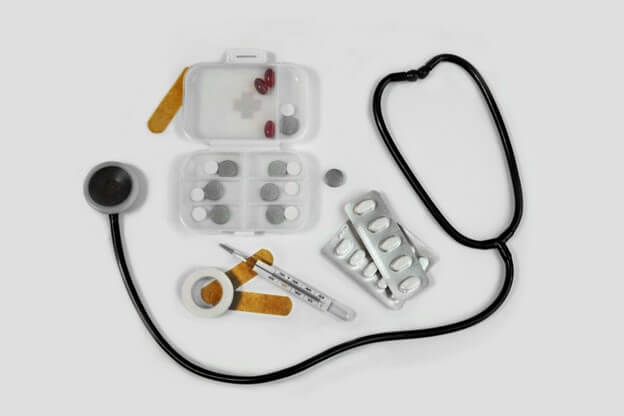
Everything to Know About Protecting Your Pet’s Heart
By Caitlyn Gose

Since February is American Heart Month, it’s a perfect time to talk to you about your pet’s heart and how to keep it strong and healthy. Just like humans (although much rarer), your pet can get heart disease.
If your pet shows any signs of dry coughing, rapid weight loss, pale gums, fainting, or a swollen abdomen, these could be serious signs of heart disease. You should make an appointment for the vet’s office right away.
Keep on reading to learn some tips on how to take the best care of your pet’s heart!
Your Pet’s Diet
The same as humans, your pet’s diet is the most crucial part of their health. Dry kibble doesn’t contain enough nutrients to get their full days worth. Adding in nutritious sides (like salmon oil, eggs, muscle meat, yogurt, pumpkin, etc.) can help a lot with your pet’s daily amount of nutrients and their overall heart health.
Overweight pets that eat a lot of fatty foods are more susceptible to getting heart disease. Keep an eye on the food your pet is eating and how much they are receiving at meal times.
Amount of Exercise
The best way to keep a heart strong and healthy is to get plenty of exercise! Get your pet’s blood pumping, which should be easy to do if your pet likes playtime.
Going on walks or runs is a great way to get your pet’s heart rate up and it will ensure that their cardiovascular system is remaining strong.
Your Pet’s Dental Health
This is something that a lot of pet parents seem to push aside, and that is taking care of your pet’s teeth and gums. Plaque buildup on teeth can cause inflammation of the gums, which then causes bad bacteria to get into the bloodstream.
Oral hygiene is super important for your pet’s overall health, as many diseases start in the mouth. Making annual oral health check-ups at the vet is a great way to make sure your pet doesn’t get any diseases or sicknesses that could negatively affect them down the road.
Taking Vitamins/Supplements
Supplements, such as Glucosamine, Fish Oil, and probiotics can be given to your pet to add in some healthy fats or sugars. These types of supplements are great at keeping your pet healthy as a whole and they can play a key part in heart health.
Always talk to your vet first about the correct prescription and dosage of supplements to give your pet!
Conclusion

There are a lot of different things that can tie into your pet’s heart health, so it’s important for you as a pet parent to know these things. Making sure your pet is getting enough exercise, eating nutritious foods, and has good oral hygiene will promote the best heart health for them.
There are a lot of different things that can tie into your pet’s heart health, so it’s important for you as a pet parent to know these things. Making sure your pet is getting enough exercise, eating nutritious foods, and has good oral hygiene will promote the best heart health for them.
____________________
 Caitlyn is a painter, bookworm, and freelance writer from Southwest Michigan. She comes to Adeo Pets with the desire to teach others about pet safety and health. She has a deep love for animals and wants pet parents to have all the answers they are looking for! Check out her work at www.cgosecopywrite.com.
Caitlyn is a painter, bookworm, and freelance writer from Southwest Michigan. She comes to Adeo Pets with the desire to teach others about pet safety and health. She has a deep love for animals and wants pet parents to have all the answers they are looking for! Check out her work at www.cgosecopywrite.com.- Feb 01, 2023
- in Pet Blog





















































